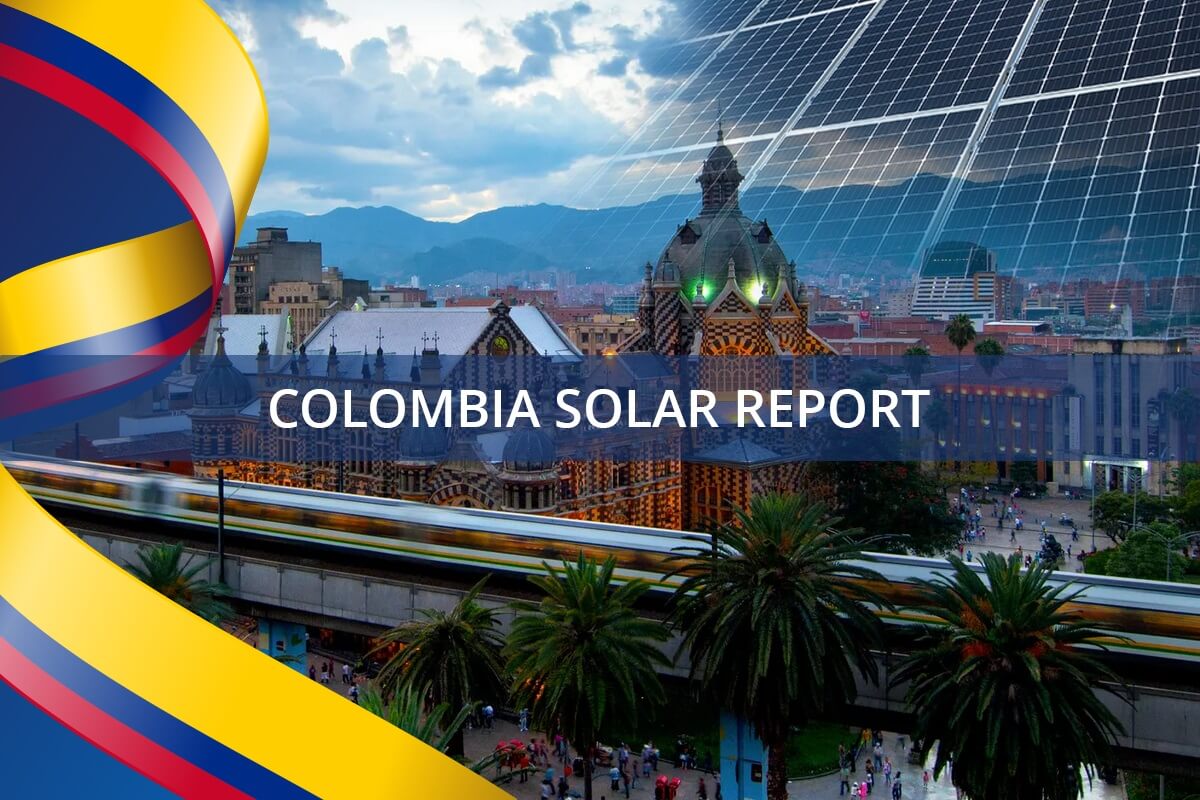Colombia Solar Licensing: Streamlining Renewable Energy Development
Colombia has simplified its solar project licensing process, particularly for small-scale installations, marking a significant step towards accelerating renewable energy development and supporting environmental conservation. This new regulation aims to reduce administrative barriers and stimulate investment in the sector. For more insights on Colombia’s renewable energy landscape, see this overview of essential measures for a powerful future: Colombia renewable energy: 5 Essential Measures for a Powerful ….
Colombia Solar Licensing: No Environmental Licenses for Small Solar Projects
The Colombian Ministry of Environment and Sustainable Development (MADS) issued a resolution simplifying the licensing for small-scale solar projects. Solar projects up to 1 MW are now exempt from environmental licenses and forest use compensation under the new regulation.
Minister of Environment and Sustainable Development, Susana Muhamad, stated that this resolution promotes renewable energy development while upholding environmental safeguards. Small-scale projects, while exempt from licensing, will still adhere to rigorous environmental management measures, ensuring responsible implementation. “This resolution seeks to promote renewable energies while safeguarding the environment. Small-scale projects, up to 1 MW, will not require an environmental license, but they will follow environmental management measures to ensure responsible implementation,” said Muhamad.
Colombia Solar Licensing: Simplified for Medium-Scale Solar Projects
Projects between 1 MW and 5 MW face fewer requirements than larger projects. While exempt from environmental licensing and forest use permits, they must still adhere to specific environmental management measures for solid waste, hazardous waste, and liquid discharges. Associated power lines must also comply with environmental regulations.
Projects ranging from 5 MW to 20 MW also benefit from streamlined licensing. Though requiring an environmental license, they are exempt from forest use compensation and the standard 1% water resource usage fee. As with smaller projects, power lines must comply with environmental measures. This simplification is part of a broader push to encourage mid-sized solar projects, as highlighted in Colombia Solar Licensing: 2024’s Essential Power Move.
Colombia Solar Licensing: Stricter Requirements for Large-Scale Projects
Larger projects exceeding 20 MW maintain stricter requirements, including environmental licensing, forest use compensation, and the 1% water resource usage fee. Power lines associated with these projects must also meet environmental standards.
Colombia Solar Licensing: Floating Solar Projects and New Horizons
The resolution addresses floating solar projects, categorizing them by capacity (up to 5 MW, 5 MW to 20 MW, and over 20 MW) with varying requirements for environmental licensing and water resource compensation. All floating solar projects must implement environmental management measures to minimize their impact on aquatic ecosystems.
Colombia Solar Licensing: Encouraging Sustainable Development
The Ministry aims to encourage solar energy development while ensuring sustainability and environmental protection. By streamlining processes for smaller projects and maintaining safeguards for larger ones, the resolution promotes renewable energy expansion in Colombia.
Colombia Solar Licensing: Public Participation and Transparency
The resolution underscores public participation and transparency in the licensing process. Stakeholders, including local communities and environmental groups, can provide input on proposed solar projects, ensuring alignment with local interests and broader conservation goals. This resolution is a key component of Colombia’s transition to a low-carbon economy, reducing reliance on fossil fuels and contributing to global climate change mitigation efforts.

